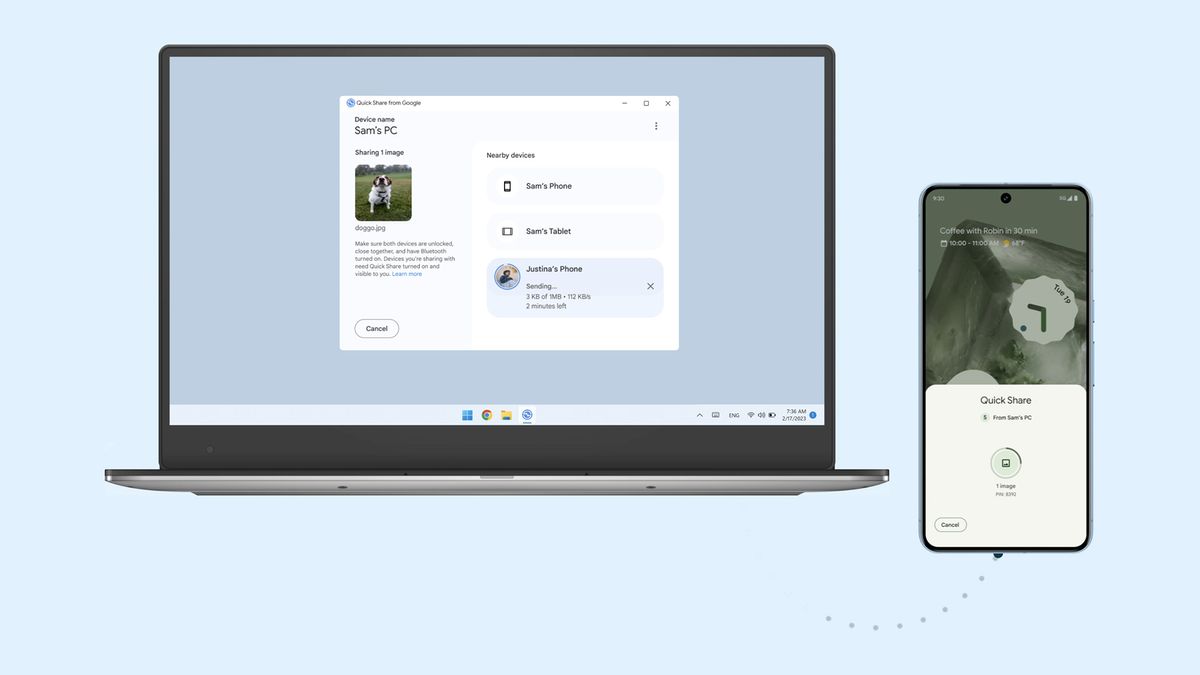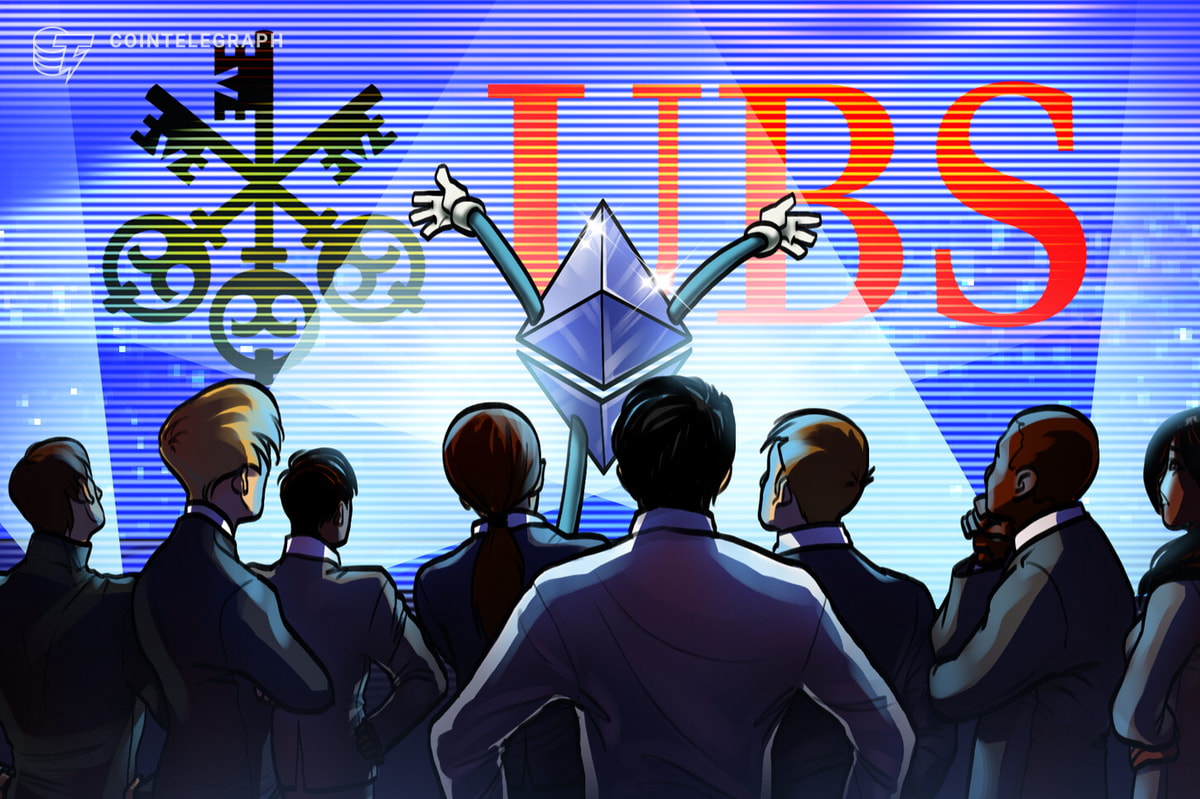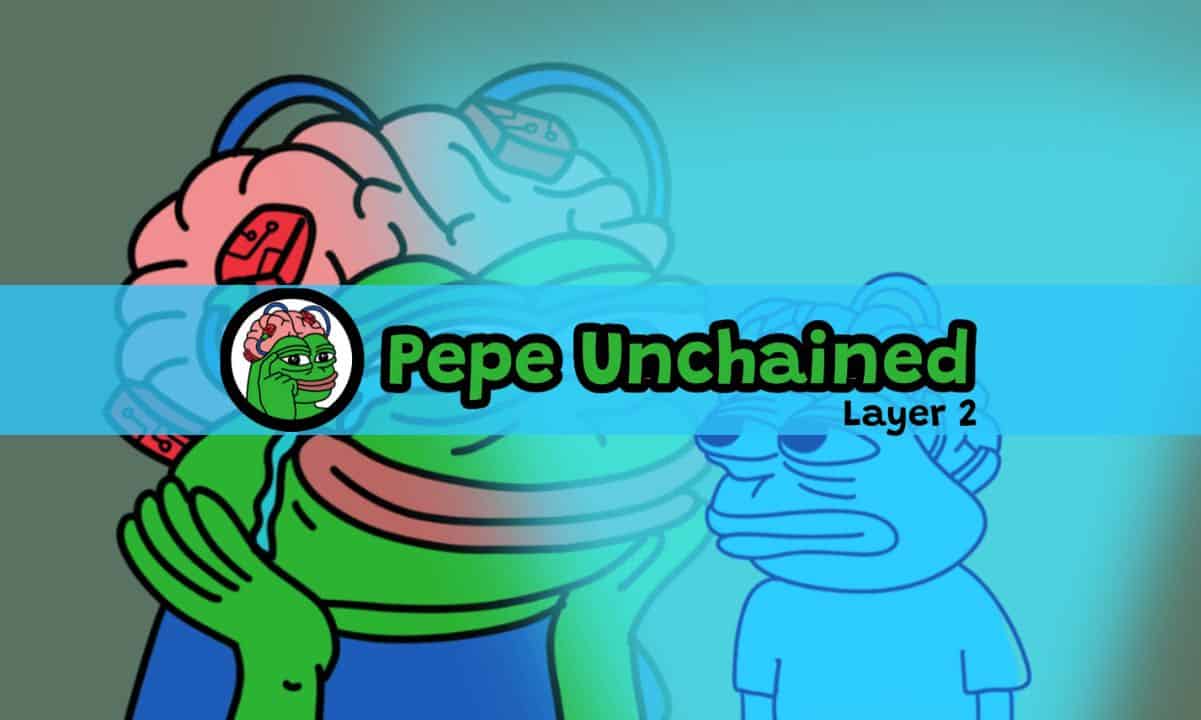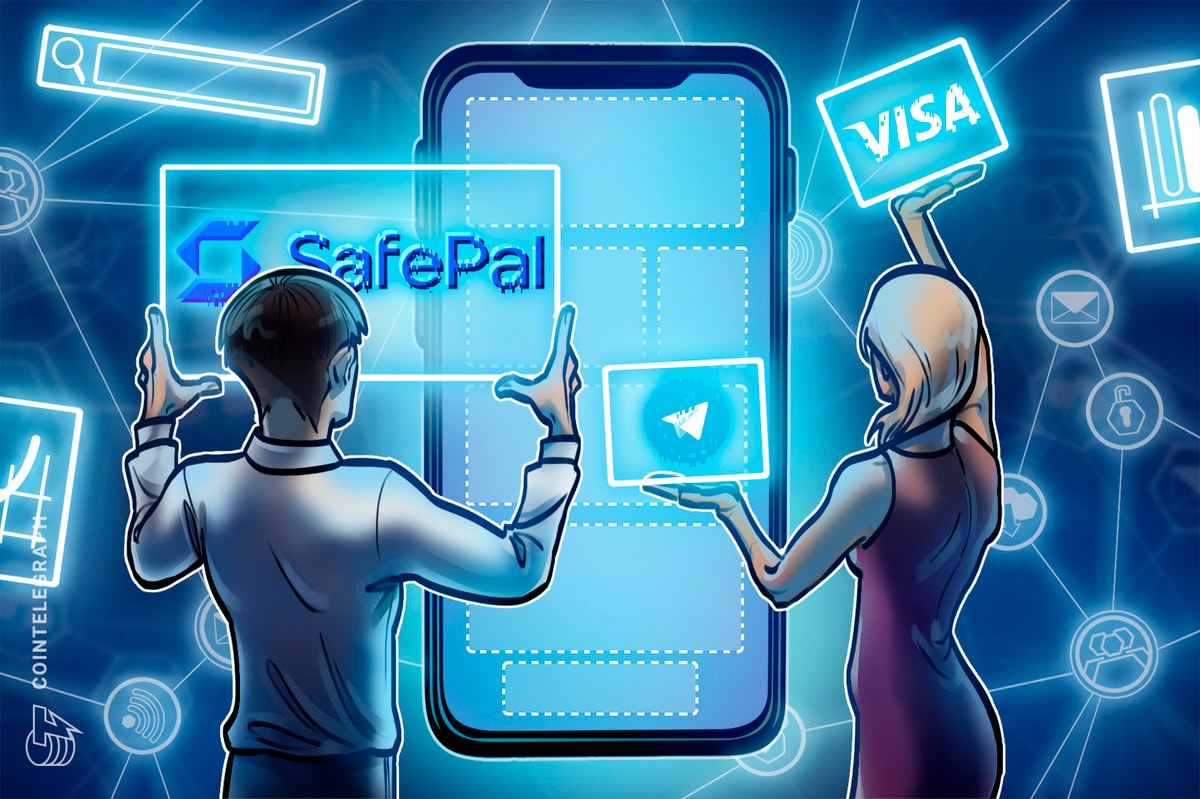In our Q&A /feature series Tell Me Más, we ask some of our favorite Latine celebs to share some inside info about their lives and some of the ways they are prioritizing their mental health. This month, we spoke with Venezuelan songstress Yetsi about leaving everything to pursue her dreams and building resilience in solitude.
The path towards musical stardom is not an easy one. But it's harder when you're an eighteen-year-old girl, thousands of miles away from home with no family or friends, and unable to speak the language. This is exactly the situation that Yetsimar Jimenez, also known as Yetsi, found herself in upon arriving in Miami. Now, years later, she's dropped two singles off her debut project and is excitedly prepping the next. The artist shares how she's ready to talk about those rough early years and what she learned during that time.
PS: When did you realize that you would have to leave Venezuela to have the life you dreamed of?
Yetsi: I knew it from a very young age. I had always had this dream that I wanted to be an artist, [and] that I wanted to express myself through art. But the moment that I decided to leave Venezuela was when I came [to Miami] for vacation. I was like 16 and I felt a very strong connection with the city. It was something that I'd never felt before, something that was telling me, 'You gotta come."
PS: And when you arrived in the U.S., do you remember what you were feeling then? What was it like coming to a place where nobody knows you and you don't know anybody?
Yetsi: That's when I started to feel alone, the moment when I started to miss my family. You know you're here in a new country where you don't speak the language and, even though you're surrounded by [Latines], it's a different culture. Everything is different.
PS: Being far away from home and isolated from the people who care about you can be very hard on your mental health. For example, small stresses like finding a place to live or finding a job can seem insuperable when you have to handle them alone in a new place. Did you have any moments like that?
Yetsi: There were a few times like that, where I realized like, "Damn, I'm all by myself. I don't have anybody." But at the same time, I felt like if I were to be vulnerable, that would be the end. So [to deal with that], I kind of put myself in a cage. I didn't want anybody to know that I was vulnerable or that I was sad. I didn't tell my parents, and [whenever we did speak] everything always had to be right and good. And that led to a moment where I just exploded and I didn't know why. I didn't know why I was crying. But it was the accumulation of everything that I hadn't let myself feel.
PS: When you say that you were in a cage, how did that affect your relationships at the time? Were you able to make friends or real relationships at that time?
Yetsi: I was able [to make friends], and I feel like at that point, I was like the life of the party. But at the end of the night, everybody goes home to their families, and then I get home, and I'm completely alone.
PS: How did you get through those times? Was there anything that you used as a kind of escape? Was it the weddings or events you were singing at?
Yetsi: Actually, I don't know if I can say that it was an escape. It helped because I was busy doing something that I loved, but at the same time, I wasn't singing my own music. I wasn't writing my stuff. And so I felt like I had to leave the band and start a new job that has nothing to do with music in order to realize that it was the moment for me to start sharing my own art. Music has always been a way to liberate myself. It's my meditation, a way for me to disconnect myself from whatever I'm going through and escape from my problems.
PS: So you leave your band. When did you begin to see a change in yourself where you allowed yourself to open up more?
Yetsi: When I started to work on my own project. I decided that if I was going to show my music It needs to come from this place where I really am. And in the process, everything in me opened up. I realized that I couldn't continue going [the way that I had been} and that I had to accept that there are going to be times when I'm scared and times when I fall. Because if you're hurting and you try to hide it by putting on a mask, there's going to come a time when you break. So now, if I have to cry, I cry. If I have to scream, I scream.
PS: Are there any habits you've learned to keep you from going back into the cage?
Yetsi: I'll call somebody to talk or express [the way I'm feeling]. Exercising is really good for me too. I call myself a little gym rat. And also just writing. Writing music for me is like liberation. It really helps me a lot.
PS: Would you say that you're stronger now after allowing yourself to be vulnerable?
Yetsi: 100 percent. It's like my soul is in another state. When I allow myself to feel what I have to feel, feel what's happening, feel the moment, I feel that's when I'm at my most calm. The moments that I can just let myself be. But you know, I was just a little girl when I came here. Being vulnerable wasn't an option. I was working mostly with dudes at that time, and it's like, "Okay, I don't want anybody to know that I'm alone here."
PS: Was there ever a moment you felt like you might have to go back to Venezuela?
Yetsi: I'm not going to lie to you, those moments still happen. Like, even though I'm working on my project, I'm a new artist, and you know, you have those thoughts. You overthink things. So to say that I don't [still have doubts] would be a total lie.
PS: What do you do in those moments?
Yetsi: I feel like it's very important for me to connect with my team, [and] my friends. You know, they tell me that I'm too hard on myself. I always want things to go a certain way, and [they're there] to remind me like, "Hey, things are going well." They're like my anchor.
PS: Would you say that's a lesson you're still learning? Not to be so hard on yourself?
Yetsi: Yeah. I'm learning how to just let things flow, [and] let things happen. And also I have to say that my faith helps. I believe in God, and that [God's plan and timing] are perfect. I hold on to that a lot, I hold hope. I'll ask for signs, you know, like, "I'm feeling this way, God, just send me something. So [we] have good communication day to day, and that helps me a lot.
PS: When you closed yourself off, did anything good come out of it, or did any habits stick with you that you still have today?
Yetsi: I don't know that I can say that anything good came out of closing myself off, but I can definitely say that an incredible amount of good things came out of me being fearless at that moment.
PS: Do you feel you can still access that fearlessness when you need to?
Yetsi: Yes, but I will say that it can be a double-edged sword. That attitude of, "I can do everything myself" yeah, it can be great. At the same time, help is a good thing. It's a balance because things can turn chaotic if you start neglecting your own discretion.
PS: Final Question. What would you say to those chasing their dreams?
Yetsi: Being vulnerable makes you stronger, not weaker. And if you feel something, don't be afraid of following that feeling. The only bad thing that can happen is that later on, you regret not doing it. And the best thing that can happen is magic.
Miguel Machado is a journalist with expertise in the intersection of Latine identity and culture. He does everything from exclusive interviews with Latin music artists to opinion pieces on issues that are relevant to the community, personal essays tied to his Latinidad, and thought pieces and features relating to Puerto Rico and Puerto Rican culture.

 4 days ago
5
4 days ago
5





:quality(85):upscale()/2024/10/31/801/n/49351082/b84152bf6723c91b32cc73.86821940_.jpg)


 English (US) ·
English (US) ·